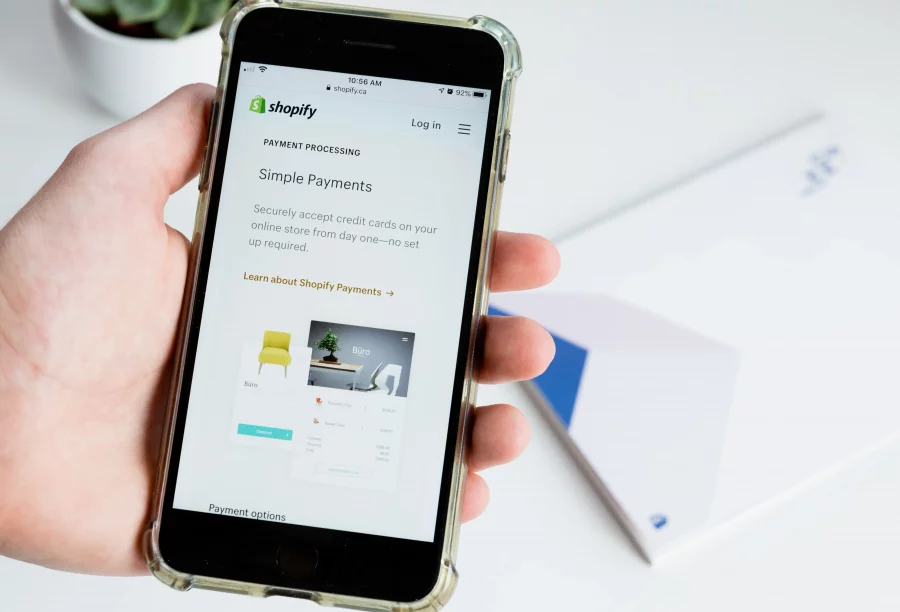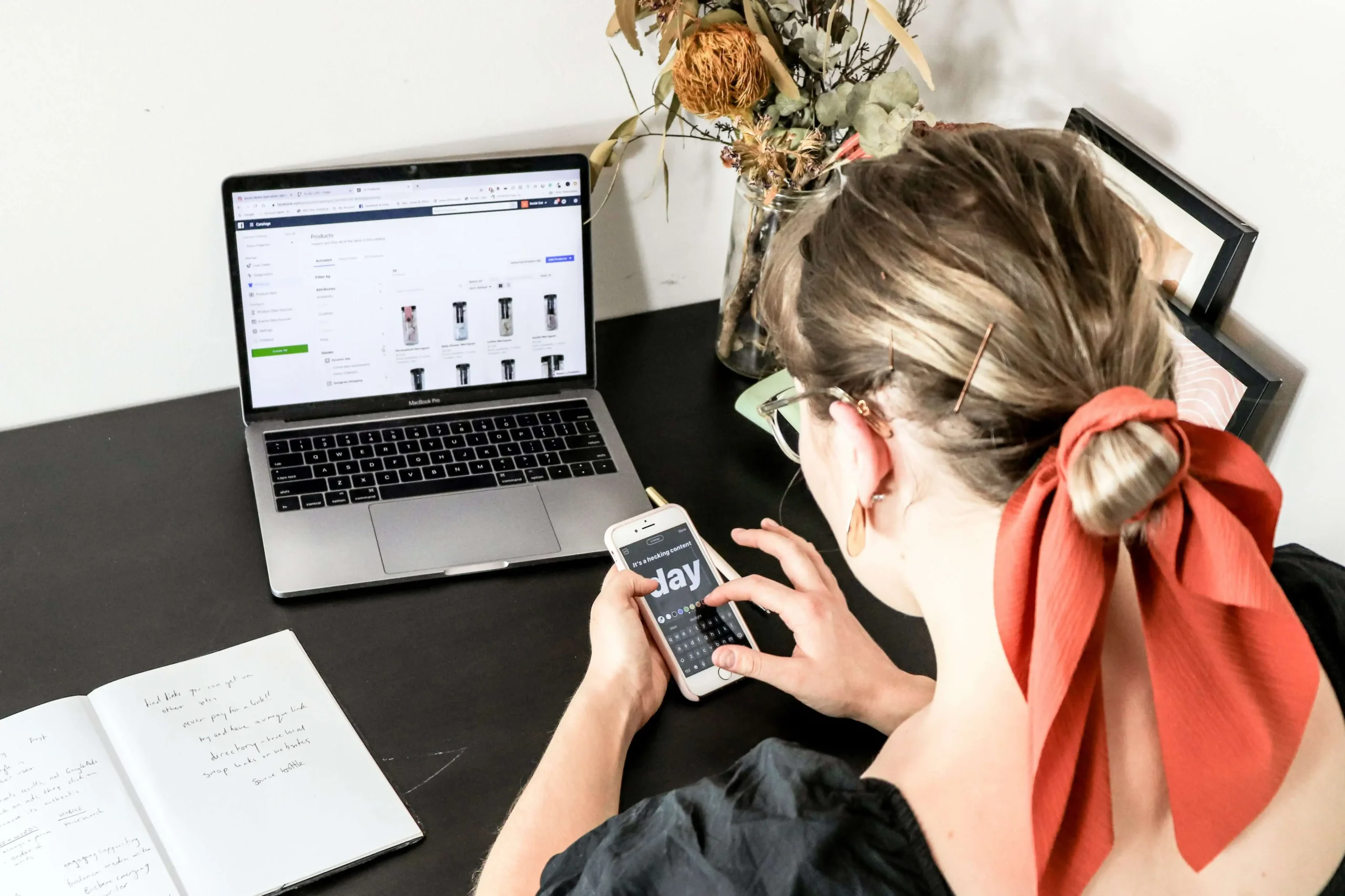
Estimated reading time: 6 minutes
Setting up an online store is less of a chore thanks to the availability of dedicated platforms geared towards facilitating this. Two of the biggest players around are Shopify and ClickFunnels, but working out which to use is a tricky process in its own right. Here’s a comparison of Shopify Vs. ClickFunnels so you can make an informed decision for your business.
Related Links
An Overview Of Shopify
Shopify is an e-commerce platform that allows anyone to set up an online store and sell their products. Not only does it allow you to organize your merchandise with ease, but it also offers tools for managing inventory, processing payments, and handling everything related to customer service.
Its popularity is a major endorsement of its potential, as it powers over a million businesses worldwide and its annual revenue tops $5.6 billion. So whether you’re selling handmade crafts or licensed products from wholesalers, this platform has got your back.
An Introduction To ClickFunnels
ClickFunnels is not your traditional e-commerce platform. Instead, it’s essentially a landing page builder designed to guide online visitors through a highly effective and automated sales funnel process.
It offers an all-in-one solution with strong marketing functionality integrated into the system. This means that from creating your landing pages to implementing email automation and even conducting A/B testing for improved conversion rates, everything is possible within one dashboard.
Moreover, it eliminates the need for any third-party assistance or tools. You can even build a site from scratch using a variety of templates if you’re just getting started. So with ClickFunnels as your chosen platform, you have far-reaching control over how your potential customers interact with your business, allowing you to optimize conversions like never before.
Shopify Vs. ClickFunnels: An Objective Comparison
| Features | Shopify | ClickFunnels |
|---|---|---|
| Overview | E-commerce platform for online stores | Landing page builder with automated sales funnels |
| Popularity | Powering over a million businesses worldwide | Intuitive drag-and-drop editor for smooth funnel creation |
| Pricing | Basic: $29/month, Mid-tier: $79/month, Advanced: $299/month | Basic: $147/month, Premium: $497/month (unlimited funnels/pages) |
| Interface & Usability | Clean layout, easy navigation | Intuitive drag-and-drop editor, extensive customization |
| Marketing Tools | SEO management, email marketing, discount codes, social media selling | Robust marketing funnels, A/B testing for landing pages |
The Pricing Battle
If you’re making a comparison to help decide between Shopify and ClickFunnels, a key point to consider is their pricing structure.
Shopify has three primary plans, with the most popular being the Basic package which is priced at $29 a month, and is geared towards individual sellers and smaller businesses. The mid-tier Shopify package comes in at $79 a month, while the Advanced costs $299 per month.
One of the most noteworthy changes as you move up the tiers is that you gain access to lower rates applied to credit card payments, meaning the more you’re willing to pay, the smaller the cut that Shopify takes from each transaction.
On the other hand, ClickFunnels provides three main plans starting at $147 monthly for the basic option and increasing to $497 monthly for its premium plan, offering unlimited funnels and pages along with high-level tools. Even the entry-level plan, which supports one website, has no limit on the number of pages or products covered, so that offers a level of scalability that is worth shouting about.
In both cases, you can get a free trial of these platforms to test the waters, so you don’t need to make a financial commitment if you want to see whether the price difference between them is worth paying, depending on your needs.
Interface And Usability

In terms of interface and usability, both platforms are designed with the user in mind, and neither should be too intimidating for new arrivals.
Shopify offers a clean-layout dashboard that is fairly easy to navigate even for beginners. You can effortlessly set up your store, add products, and manage sales with little to no technical knowledge required. However, if you’re designing from scratch, the learning curve might be steeper.
Meanwhile, ClickFunnels boasts an intuitive drag-and-drop editor for building funnels making the design process smooth and fast-paced. It’s relatively straightforward to create high-converting landing pages using pre-designed templates provided by ClickFunnels without any coding skills necessary. Nonetheless, some users may find it more complex due to its extensive customization options intended for advanced marketers.
When comparing these interfaces based on usability, as with any other selling point, what works best highly depends on your individual needs.
Tips On Creating And Selling Your Products
Getting your products ready for e-commerce involves more than just setting up the store. Here’s a quick rundown:
- Start by identifying what you want to sell: Choose products that cater to a specific audience and align with trends in the industry.
- Consider Packaging: This is pivotal, as it leaves an impression of your brand in each customer’s mind, and also serves a practical function. For example, if you’re selling pre-rolls, consider using customizable pre-roll tubes, as these can enhance product appeal while preserving integrity and freshness.
- Take High-Quality Pictures: Invest time into clicking detailed product photographs. Images are key online, no matter which platform you use.
- Create Product Descriptions: Be descriptive yet brief about your product’s features. This helps impact buying decisions positively.
Consistent efforts along these lines should yield impressive results regardless of whether you choose Shopify or ClickFunnels.
Exploring Marketing Tools On Both Platforms
Once your online store is up and running, the next step is ensuring it reaches the right audience. That’s where marketing tools enter the fray.
Shopify provides plenty of options to magnify your e-commerce presence. It facilitates SEO management, allows email marketing integrations, offers discount codes, and even enables social media selling, which significantly boosts discoverability.
In comparison, ClickFunnels delivers robust marketing funnels designed to capture potential customers at every stage, from lead generation to final conversion. As mentioned, it also incorporates built-in A/B testing for landing pages which lets you optimize for higher conversions easily.
Effective marketing can make all the difference when it comes to achieving sales targets, so aim to choose a platform with tools that align most effectively with your products or services as well as your specific business goals.
Wrapping Up
The long and the short of comparing Shopify Vs. ClickFunnels is that both can be a good fit for different businesses. It’s just a case of doing some digging yourself, keeping your needs at the top of the priority list, and testing the waters with each if you have the resources to solidify your choice.
Contact Matchbox Design Group Today!
If your website could use a refresh or you’re looking to drive more traffic to your site, fill out the form below and we’ll contact you to learn more about your digital needs.

